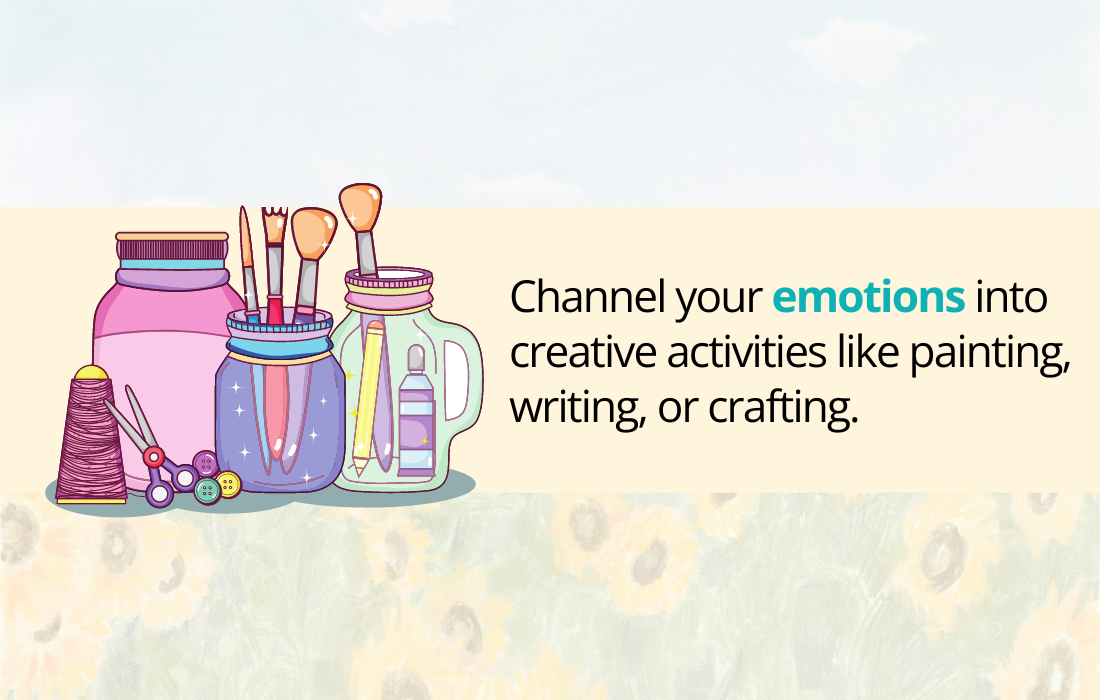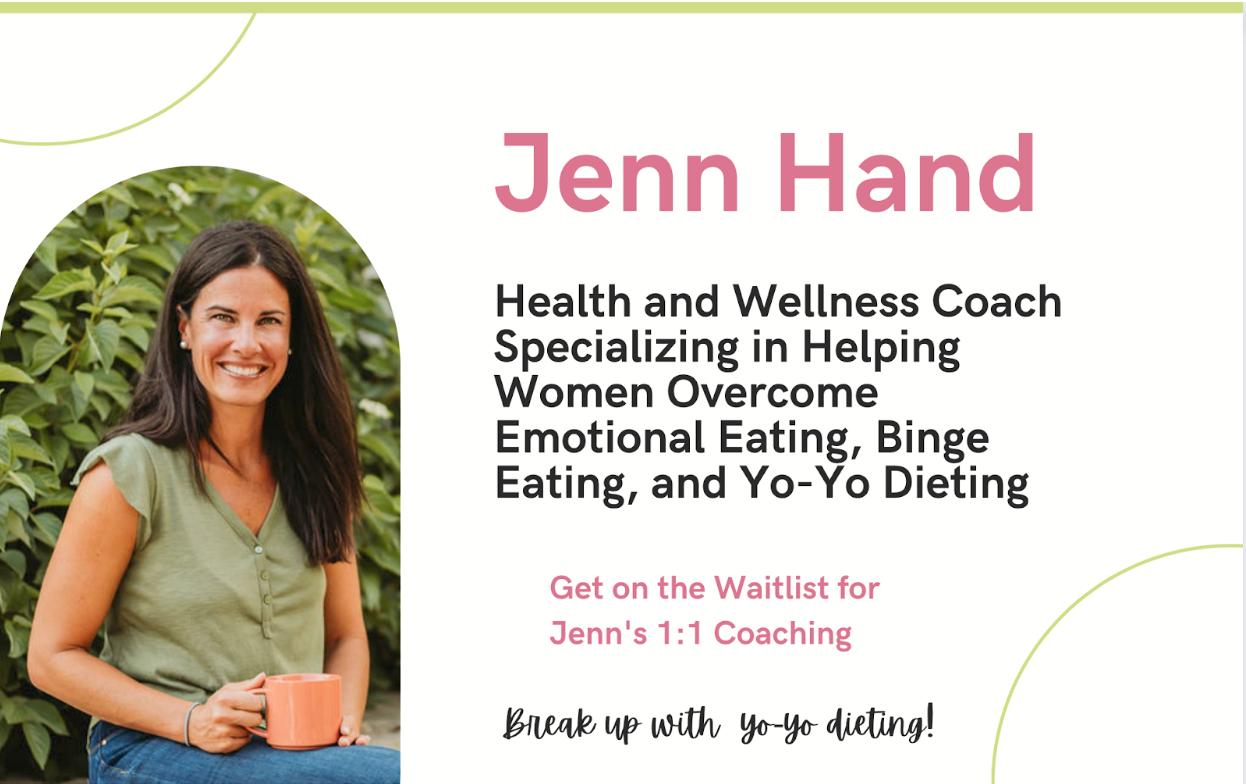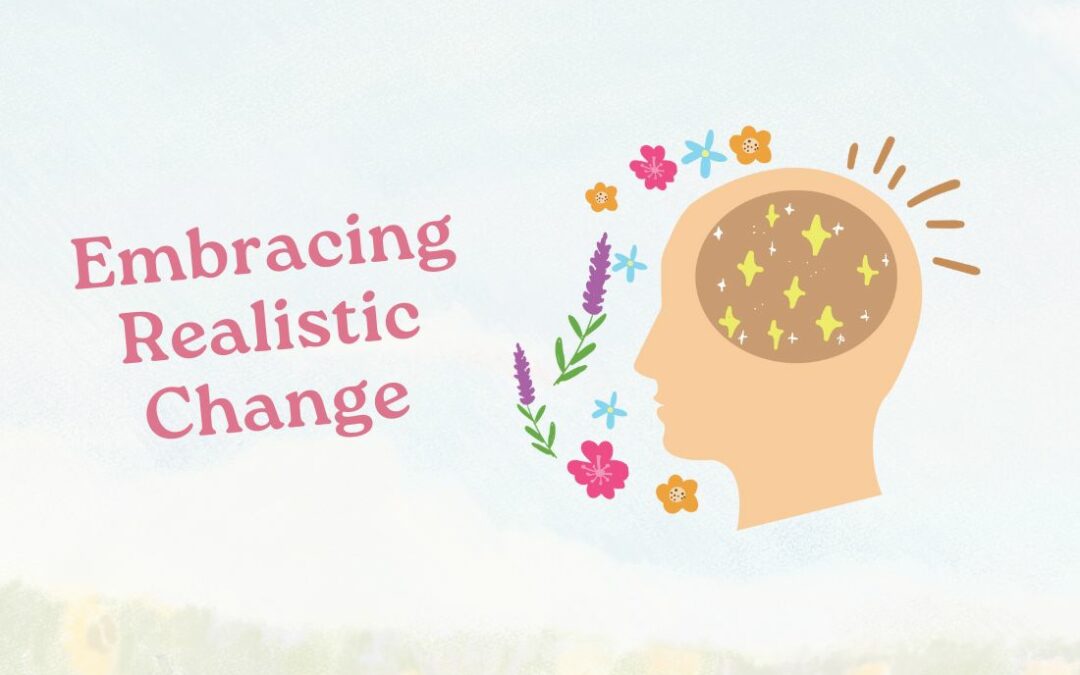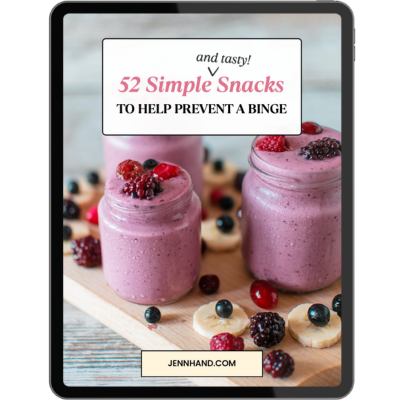Written by Jenn Hand, Holistic Nutritionist, Board Certified Health Coach, NBC-HWC, Emotional Eating Coach
In my own journey, working through emotional eating was a key part of my healing.
Addressing emotional eating involves acknowledging the emotional triggers that lead to it and finding healthier ways to cope with these feelings. It is also essential to understand that those of us who’ve struggled with food typically learned that growing up.
We didn’t have other ways to cope with feelings, and we defaulted to food as a way to cope. We learned it–so that means we can unlearn it too!
Here are five healthy alternatives to emotional eating:
1. Move your body.
Engaging in physical activity like walking, yoga, or swimming is a great way to get out of our minds and into our bodies.
Our bodies are where we feel emotions, so learning to inhabit our bodies more can help us process emotions more easily. Physical activity is not only beneficial for the body but also releases endorphins, which can improve your mood and reduce stress.
2. Journaling and meditation
Practice journaling and meditation to help you stay present and aware of your emotions and internal landscape.
I like to think of journaling as free therapy. There’s no judgment and you can vent your “craziest” thoughts without anyone knowing.
In the act of writing, clarity often comes–you’re able to understand triggers and what your needs are at a deeper level as you write and reflect on what’s going on inside of you.
3. Explore your creativity
Channel your emotions into creative activities like painting, writing, or crafting.
These activities can be therapeutic and a healthy way to express and process your emotions. I’m a big fan of coloring, art therapy, doodling, and craft kits to give more guided instructions.
4. Social support
Reach out to friends, family, or support groups for social interaction and emotional support.
As a society, we’re taught to stuff our feelings and be “fine.” Instead, talking about your feelings with others can provide comfort and help you feel less isolated.
It’s helpful to create your own network of others who can support you when you really need to express or work through an emotion.
5. Choose nutrient-dense snack options
Choosing nutrient-dense snacks can help a lot.
If you feel the urge to eat due to emotional triggers, opt for nutritious snacks like fruits, vegetables, greek yogurt, popcorn, nut butter on toast, or other nutrient-dense snacks. This ensures that if you do eat, you’re working to choose options that feel nourishing.

Common Questions
What are some practical steps to stop emotional eating?
Make a post-it with 3-5 “things to do besides eat.”
Feeling like you have nourishing options other than food (like journaling, 3 deep breaths, smelling essential oils, taking a walk with your pet, etc) can help you feel supported in the moment.
How do I stay motivated to stop emotional eating over time?
It’s helpful to remind yourself that this is a long game.
If we spent decades using food to cope, it can take time to unlearn those habits. Be gentle and kind to yourself, as you’re creating healthier habits for the rest of your life!
Can you suggest easy ways to manage stress without turning to food?
The best tools I’ve found to cope with stress are physical activity, journaling, meditation and creating space in your day to ground yourself (in nature, with a pet, etc)
What are some small changes I can make to curb emotional eating?
Practice with “easier” emotions first.
See if you can get through irritation, boredom, or mild frustration without food before you work to sit through and be with some of the ‘bigger’ emotions.
Read More:
🌷Here’s What to Do Instead of Emotional Eating
🌷3 Things To Know About Emotional Eating
🌷How To Stop Emotional Eating and Stress Eating Once and For All
Work with an Emotional Eating & Holistic Nutrition Coach
Overcome Bingeing and Emotional Eating, and Break Up with Yo-yo Dieting
Working with an emotional eating coach and holistic nutritionist can help you get free from the frustrating binge and restrict cycle and stop yo-yo dieting.
You don’t have to be obsessed with food or have a million rules around eating to find your natural weight and learn to love your body. Ready to actually see a lasting change and experience true freedom?
Schedule a 20-min CallAbout the Author:

Jenn Hand has been helping women like you become normal eaters since 2015.
She’s worked with thousands of women, helping them to balance their bodies, end bingeing, stop obsessing over food, and start feeling amazing again. As a board-certified health coach and holistic nutritionist, Jenn knows how to support you in making real positive changes that last.
Her articles have been published on Mind Body Green, Tiny Buddha, Thrive Global and other local and global media platforms. She’s the author of How to Be a Normal Eater and the creator of The Normal Eater’s Club program. Listen to Jenn’s advice and tips on the Cake Doesn’t Count Podcast, or read more of her articles for free on the Food Freedom Blog.
Learn About Coaching!





